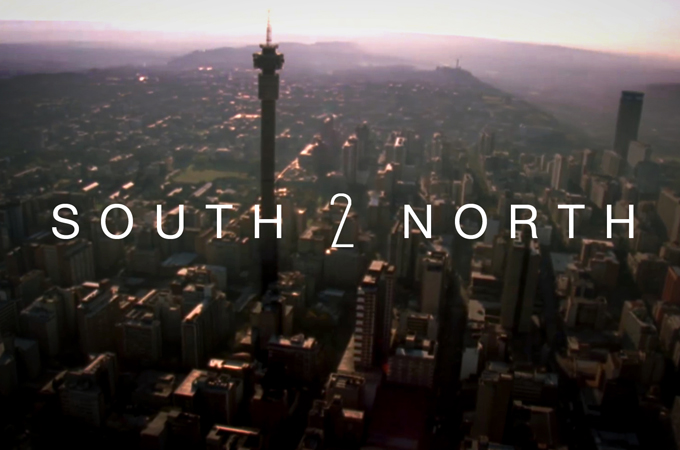
Defining the modern dad
Parental models differ across cultures and time, but what role should fathers play today?
| No subject is off limits – Redi Tlhabi talks frankly to inspiring and intriguing personalities from across the world. |
What is the ‘real’ definition of the modern father?
As the roles of parents have changed across the world in recent times, some dads are left wondering where they fit in. At the same time, countries like the UK are reported to have at least one million children growing up without any “meaningful contact” with their fathers.
So, what are the pros and cons of different family models? And why are fathers important?
In this episode of South2North Redi Tlhabi speaks to three fathers from across the world about their experiences in parenting.
Svend Aage Madsen from Copenhagen is a psychologist and president of the Nordic Network on Men’s Health. He explains that, in Iceland, both mothers and fathers are given three months parental leave, allowing fathers to spend more time with their young children.
“Now more and more fathers are taking parental leave and actually, they like it, they like it a lot …. What I think we see and what I really think we can learn from this new fatherhood, in the discussion about what is masculine and what is feminine, is that you can see there is not a contradiction in being masculine and being caring.”
South African artist Thembalakhe Shibase explains that the role of fathers in southern Africa differs, and he has seen the impact of it in his workplace.
“In the university where I work, every beginning of the year we have to do interviews of prospective students who want to enrol in Fine Art. I can tell you without any qualms about it that seven out of 10 prospective learners within our questionnaire will indicate that they do not have a father. Either they do not know where the father is or if he is around he isn’t working and he isn’t responsible for their education. The social realities, the economic realities, are very different.”
Turkish educator Aydin Inal explains that Islamic culture in Turkey promotes community, which results in fathers being more present in a more traditional role.
“I think the Turkish family model is based on the perception of society in the Turkish culture. Because Turkish culture is quite communal, we like to live together as a community …. And family is seen as the backbone of the community …. In general fathers are seen as the provider and protectors of the family.”
The group discuss the different models of parenting and the contradictions in the representations of fathers in the media.
|
